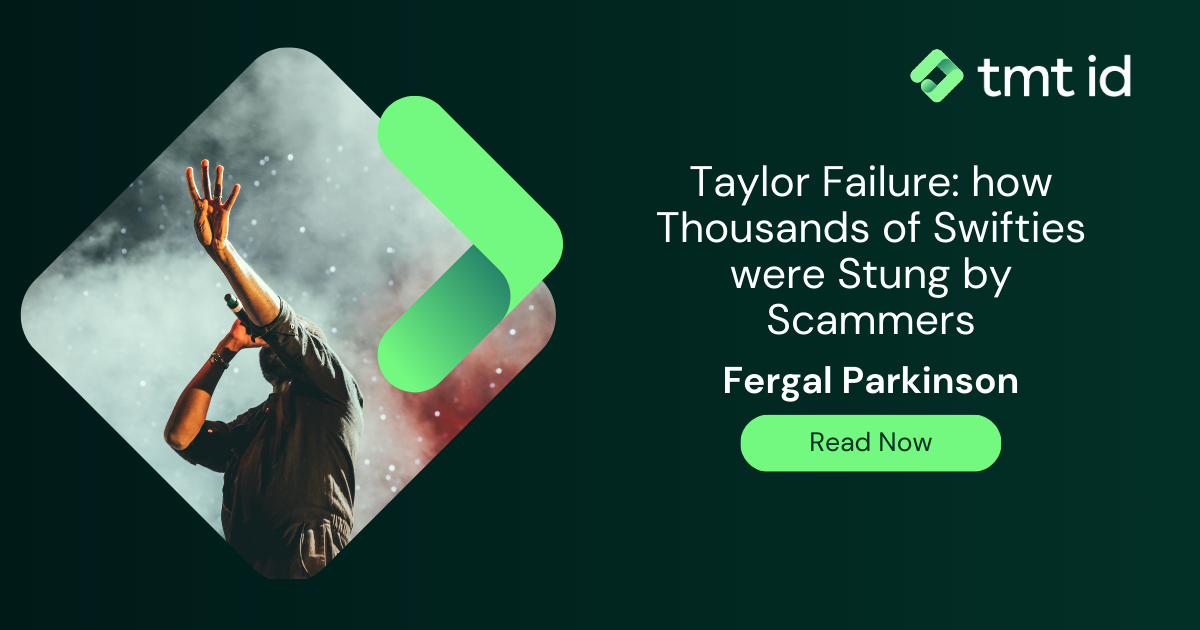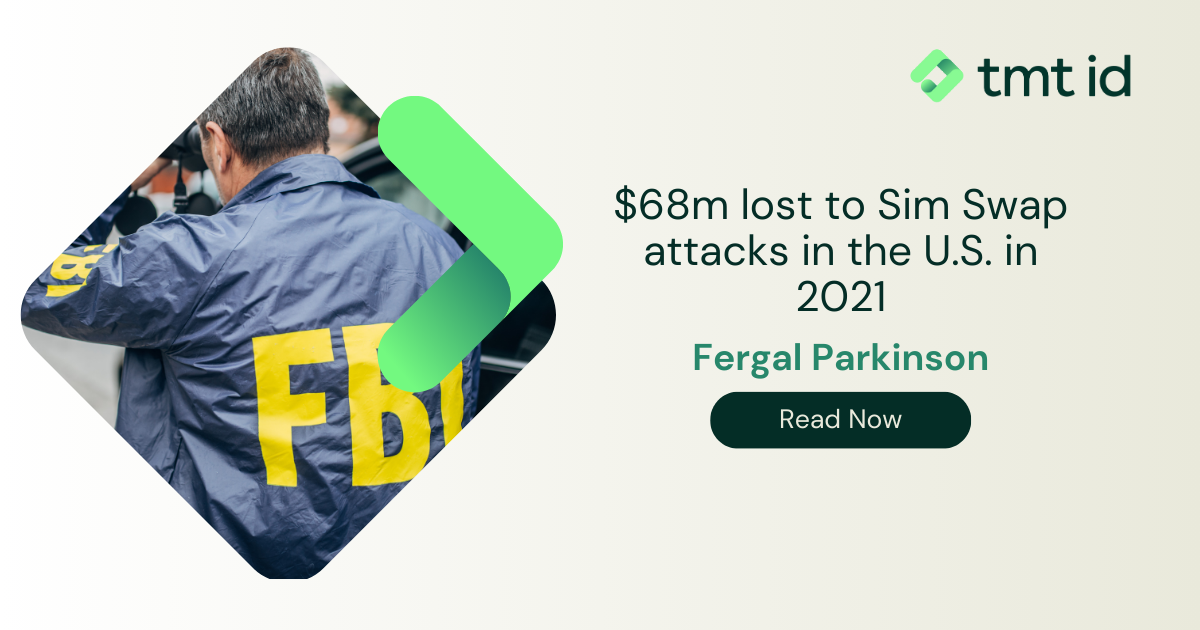
Her European tour, which starts next month (9 May) in Nanterre, France was already the hottest ticket of summer. And that was before Taylor Swift preceded it with the untrailed drop of a double album of new material last week, Tortured Poets Department – to an accompanying global media frenzy.
Yet even though she is booked to play the continent’s biggest venues across four months – including an unprecedented seven nights at London’s 90,000-capacity Wembley Stadium – there is still a huge disparity between available tickets and demand.
So it’s no surprise that it was tickets to Swift’s shows in particular which were highlighted by an investigation into rogue gig ticket traders on various social media platforms this month – as the bait used to trap thousands of fans.
Researchers at Lloyds Bank discovered that more than 600 of their customers have been left stung for amounts often running to over £1,000 after falling for scam ticket ads for shows like Swift’s – and estimate that across all bank customers, the number affected is likely to run into several thousand.
The average amount lost by each victim was £332 with fans aged 25 to 34 most likely to be targeted, with many scams originating on social media. Other artists whose shows were used to lure in victims included Beyonce, Harry Styles and Coldplay – with at least £1 million scammed in the fake sales.
So how were so many fans deceived?
These were what are broadly defined as purchase scams which particularly proliferate on social media.
This involves luring someone into making a purchase outside a conventional and regulated trading platform, persuading them to pay upfront, via direct bank transfer, to buy goods or services that are fake, shoddy or – like those Taylor tickets – which simply do not exist at all. The vendor then disappears, taking the victim’s money with them.
These gig ticket scammers capitalise on the hysteria that accompanies ticket release frenzies by catching people whose desperation is at its peak – which often means that their judgement is at its lowest point. They think they have found relatively affordable resale tickets. They want to believe this. And then they act quickly – or as it would later transpire here – rashly.
And they do this because they are in the grip of so-called FOMO – fear of missing out.
What can fans do to avoid the double horror of missing out and losing hundreds of pounds into the bargain?
Well, in any transaction when there is a risk dimension it’s wise to pay by credit rather than debit card as you have a greater chance of recovering losses if things go wrong.
And never pay upfront for anything unless you are certain of the reliability of the person you’re paying.
But much more important than anything else is this simple rule of thumb: don’t buy stuff on social media. Just don’t, as you’re leaving yourself wide open to the risk of APP fraud.
It’s long been a source of frustration for us at TMT ID – who specialise in mobile-based data intelligence and security – that social media companies have put apparent popularity ahead of user safety.
By this, I mean that they allow entry to their platform without applying even minimal scrutiny of who they are onboarding. This means that, say, Facebook Marketplace is no more secure a shopping experience than buying goods for cash in an actual marketplace in the roughest parts of the world. There’s no comeback because the platform doesn’t even know who these traders are, never mind the customers.
Were the social media companies to make a registered mobile number a requirement of sign-on, then a service like ours could tell in an instant which were bona fide and which were associated with fraud. And we could weed those out. But they don’t.
When Elon Musk was negotiating to buy Twitter – prior to rebranding it as X – he claimed that the proportion of fake accounts on the platform was as high as 20%, with even the company itself accepting a figure of 5%.
With this many rogues out there, it’s best to avoid trading on these platforms altogether. A Taylor Swift ticket may cost much more on a recognised resale platform – and the mark-ups there are a scandal in themselves – but at least you can pretty much count on receiving it.

Meanwhile, Lloyds Bank also featured in another, apparently unconnected news story in media business pages this month – which I mention here because in fact there may be an oblique connection to that Taylor Swift ticket scam.
This was the story, first appearing in the Financial Times, that Lloyds is to significantly reduce the size of its risk management department – with redundancies and redeployments in the pipeline.
This was framed in these stories as being because some investors see attempts to analyse risk as being an obstacle to investment because they are seen as “blockers” – and this was weighed against the counter-argument that bad investments led to the 2008 crash and so it’s potentially reckless to take this step.
In fact, I suspect that the reason they are taking this step is that the nature of risk has shifted – and that the frontline way of assessing it is no longer via a paper researcher position but a digital one underpinned by tech.
In the same way that a fintech like ourselves could quickly identify those rogue Taylor Swift ticket outlets and block them – banks need a similar function for their transactions and new business.
It’s not so much that risk has disappeared – more that the form it comes in has changed. And that’s put customers themselves in the firing line, as those poor Swifties found.
You can read more about how fraudsters are targeting football fans in our related article.
Last updated on August 6, 2025



"Were the social media companies to make a registered mobile number a requirement of sign-on, then a service like ours could tell in an instant which were bona fide and which were associated with fraud."
Read about our solutionWe provide the most comprehensive device, network and mobile numbering data available
Contact us > Chat to an expert >